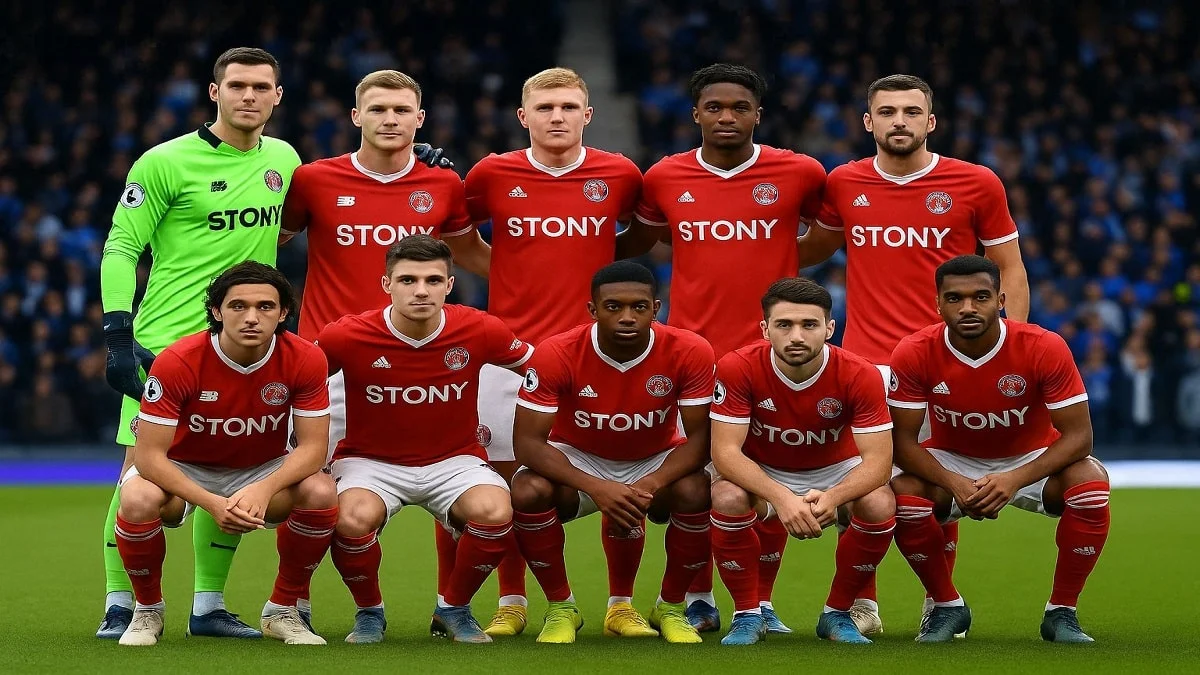Do Football Clubs Really Need Crisis Management?
In today’s digital age, football clubs have evolved into far more than just sports teams. They are powerful global brands, business entities, cultural institutions, and emotional touchpoints for millions. With such influence, the question arises—do they need crisis management? And what if they chose not to?
Imagine a top player entangled in controversy, and the club lacks a response plan. Picture a violent incident among fans with no prepared safety strategy. Or envision a financial meltdown leaving players unpaid—how does a club rebuild trust then?
Some purists might argue that football should focus solely on the sport, not PR or crisis protocols. But in a world driven by social media, sponsors, and public perception, that mindset can leave clubs dangerously exposed. What happens when racist chants echo through the stands and no action follows? Or when a coach struggles with mental health and the organization remains silent?
Crisis management isn’t about being pessimistic—it’s about being proactive. It’s about safeguarding people, preserving values, and protecting reputations.
Trophies can’t mask poor leadership. A rich history can’t excuse inaction. And silence during turmoil can cause irreparable damage.
So, do football clubs need crisis management?
Absolutely—if they aim to endure, evolve, and lead with integrity.
Absolutely—if they value their fans, their culture, and their future.
In modern football, crisis management isn’t a luxury—it’s a necessity.
Because in the long game, strategy wins more than just matches.




